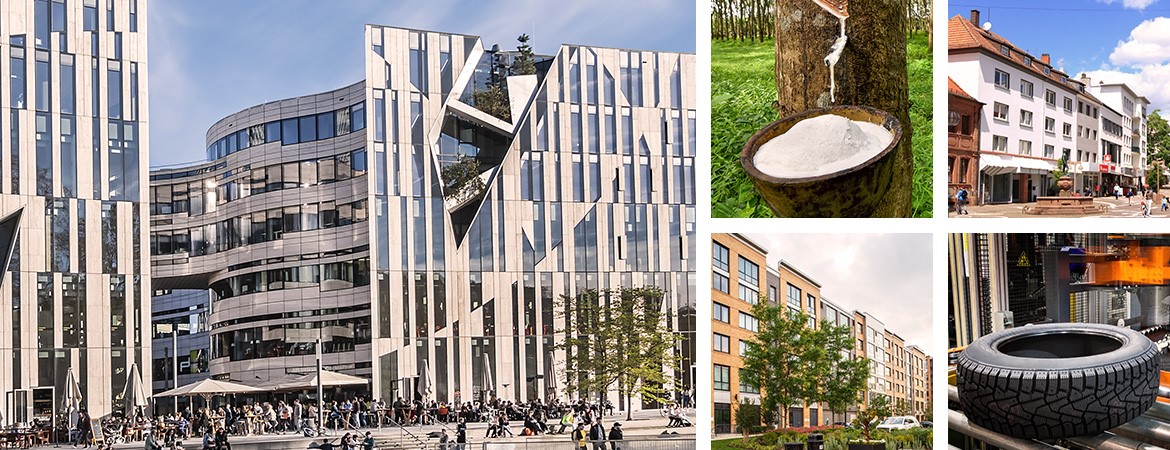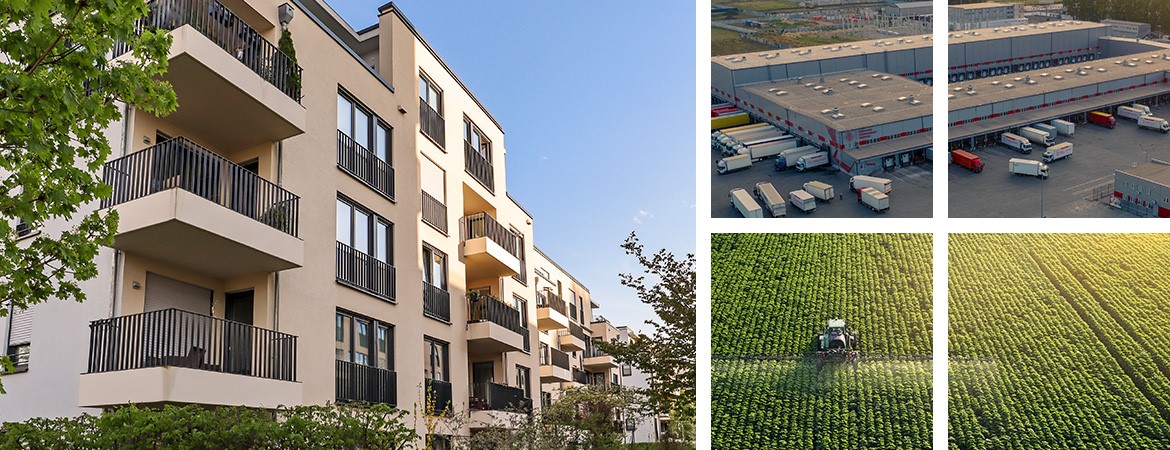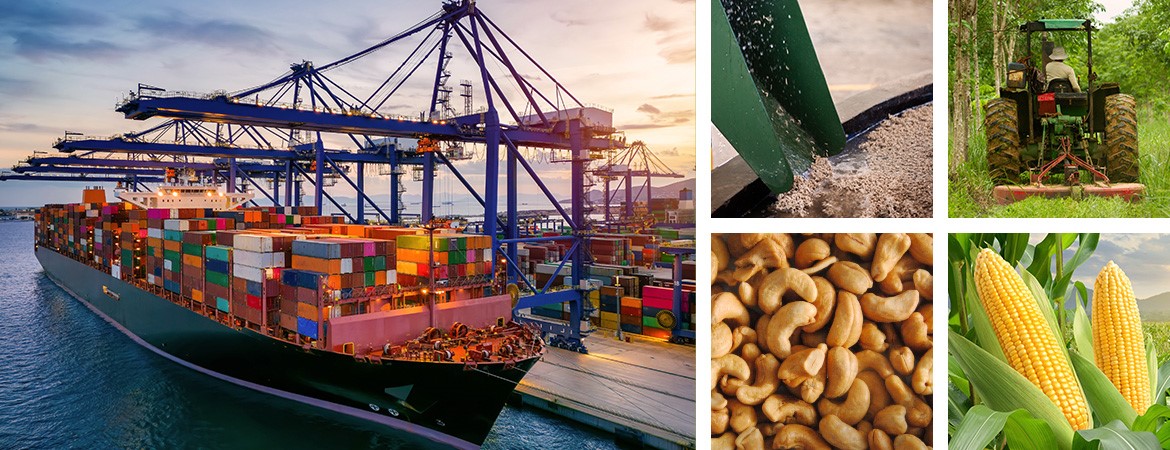








In retail, the motto is: look for the path to success under difficult conditions. The fact is that despite a significant increase in the production of latex gloves, the decline in rubber consumption in the tire and car sector as a result of the worldwide factory shutdowns, some of which lasted for weeks, could not be offset.
The fact that the GloReg trading department achieves satisfactory to even good trading volumes and corresponding profits in spite of these conditions is mainly due to the reliable processing of all sections of the trading processes, to which the responsible GloReg management pays the greatest attention. In times like these, market participants value and reward (on the buy and sell side) reliability and continuity.
18.08.2020 - View Newsletter Q3-4-2020 (currently available in German only)